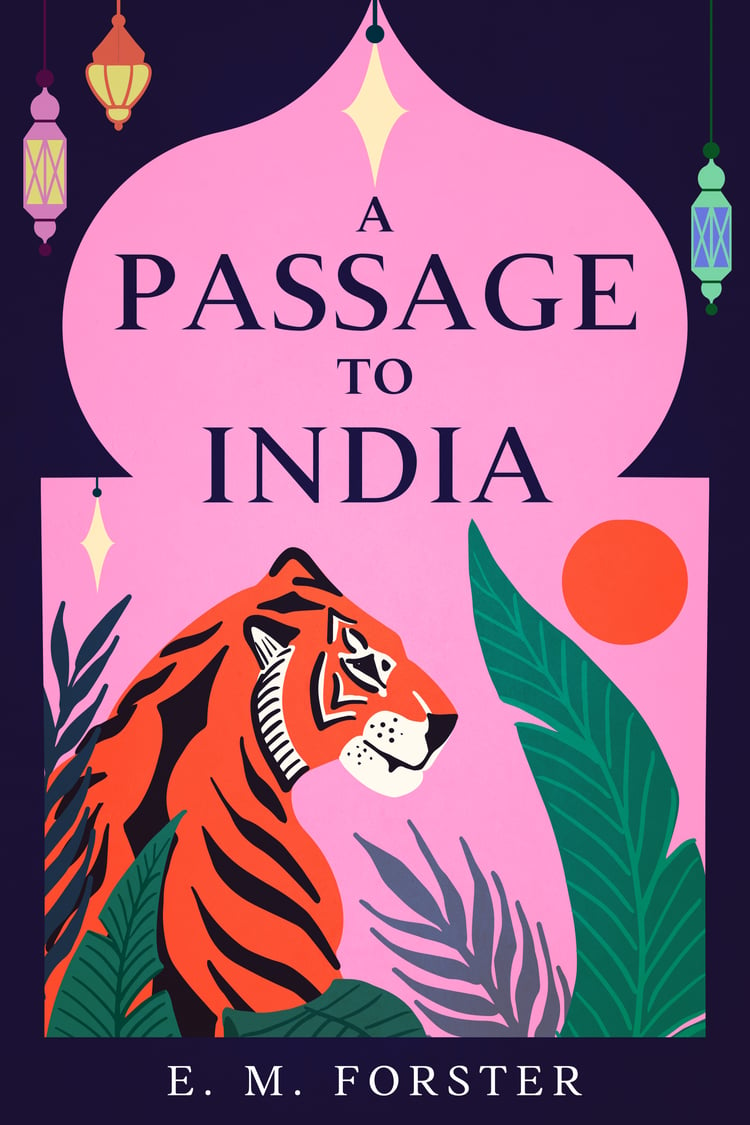
Siddhartha
Hermann Hesse's timeless novel, Siddhartha, is a profound exploration of self-discovery, spirituality, and the quest for enlightenment. Set in ancient India, the story follows Siddhartha, a young Brahmin who embarks on a transformative journey to find meaning and inner peace. Dissatisfied with the teachings of his elders and the rituals of his upbringing, Siddhartha leaves behind his privileged life to seek wisdom through his own experiences.
Along the way, he encounters a diverse array of individuals—ascetics, merchants, lovers, and wise men—each offering unique perspectives on life and the nature of existence. Through moments of profound joy, deep despair, and quiet contemplation, Siddhartha learns that true enlightenment cannot be taught but must be discovered within oneself.
Hesse's lyrical prose and philosophical depth make Siddhartha a captivating and thought-provoking read. The novel delves into universal themes such as the search for identity, the interconnectedness of all life, and the balance between the material and spiritual worlds. A timeless classic, Siddhartha continues to resonate with readers seeking meaning and purpose in their own lives, offering a timeless message of hope and self-realization.
About the author
Hermann Hesse (1877–1962) was a German-Swiss poet, novelist, and painter, renowned for his exploration of spirituality, self-discovery, and the human condition. A Nobel Prize laureate in Literature (1946), Hesse's works often reflect his deep interest in Eastern philosophies and his own quest for meaning. Among his most celebrated novels are Siddhartha, Steppenwolf, and The Glass Bead Game, which have inspired generations of readers with their profound insights and lyrical prose. Hesse's timeless themes continue to resonate, making him one of the most influential writers of the 20th century.











